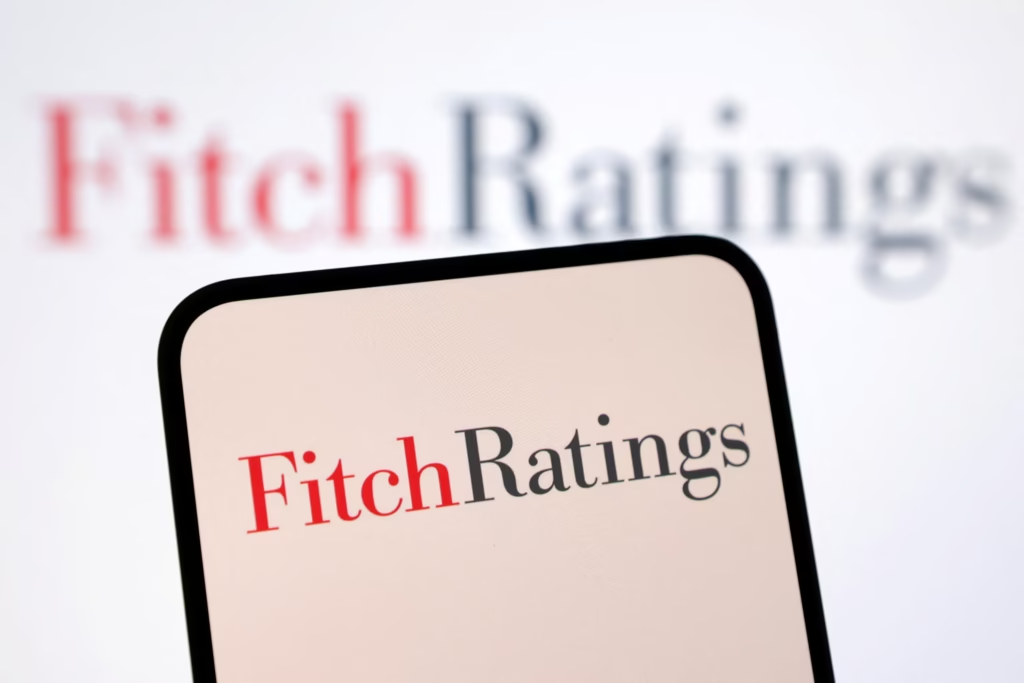The vast majority of Ghana’s banks are poised to meet regulatory capital requirements by the end of this year, when temporary relief measures tied to the country’s domestic debt crisis expire, according to a new analysis by Fitch Ratings.
But the rating agency projects that six of Ghana’s banks might not be able to fulfil capital requirements through internal capital generation alone.
Domestic Debt Exchange Program
Ghana’s Domestic Debt Exchange Program (DDEP), launched in December 2022 and finalized the following year, forced banks to absorb significant haircuts on their holdings of government securities, which formed a substantial portion of their portfolios.
The program was part of a wider effort to stabilize the nation’s finances amid soaring inflation, currency depreciation and mounting external debt pressures.
In response, the Bank of Ghana stepped in with forbearance measures: It scrapped a 3 percent capital conservation buffer, lowering the minimum total capital adequacy ratio (CAR) to 10 percent from 13 percent, and permitted banks to stagger the recognition of losses on local-currency government bonds over four years starting from the end of 2022.
These accommodations have been crucial in maintaining stability and public confidence in the sector, Fitch noted, allowing most institutions to remain compliant without immediate distress.
Notably, no such leniency was extended to losses on other instruments involved in the DDEP or on Ghana’s Eurobonds, which were restructured in October 2024—largely because banks’ exposure to these was relatively minimal.
Since the DDEP’s implementation, the banking sector has shown signs of rebounding. Fitch estimates that the industry’s tangible common equity-to-tangible assets ratio climbed to 10.3 percent by the end of the first quarter of 2025, up from 7.4 percent at the close of 2022.

Six banks will struggle to achieve compliance
This improvement stems from several factors, including elevated profitability driven by high interest rates and attractive yields on treasury bills, which were spared from the debt exchange.
Subdued credit expansion and a sharp appreciation of the Ghanaian cedi—over 40 percent against the U.S. dollar since the end of 2024—have also helped by reducing the local-currency value of foreign-denominated assets and bolstering solvency metrics.
The sector’s CAR, excluding the benefits of forbearance, was reported at 8.7 percent at the end of February 2024 but surged to 18.2 percent by mid-2025, signaling that most banks will comfortably absorb the final 25 percent of phased-in losses on cedi bonds by year’s end.
Yet, not all institutions are on equal footing.
Fitch projects that six banks will struggle to achieve compliance solely through organic earnings growth. These lenders may need to pursue external options, such as fresh capital injections, mergers with stronger peers or acquisitions by well-capitalized entities.
Alternatively, regulators could extend forbearance to give them more time to build reserves.
Two of these undercapitalized banks are state-owned and have already benefited from government infusions; Fitch anticipates further support, though it may not arrive before the deadline.
This article was edited with AI and reviewed by human editors





